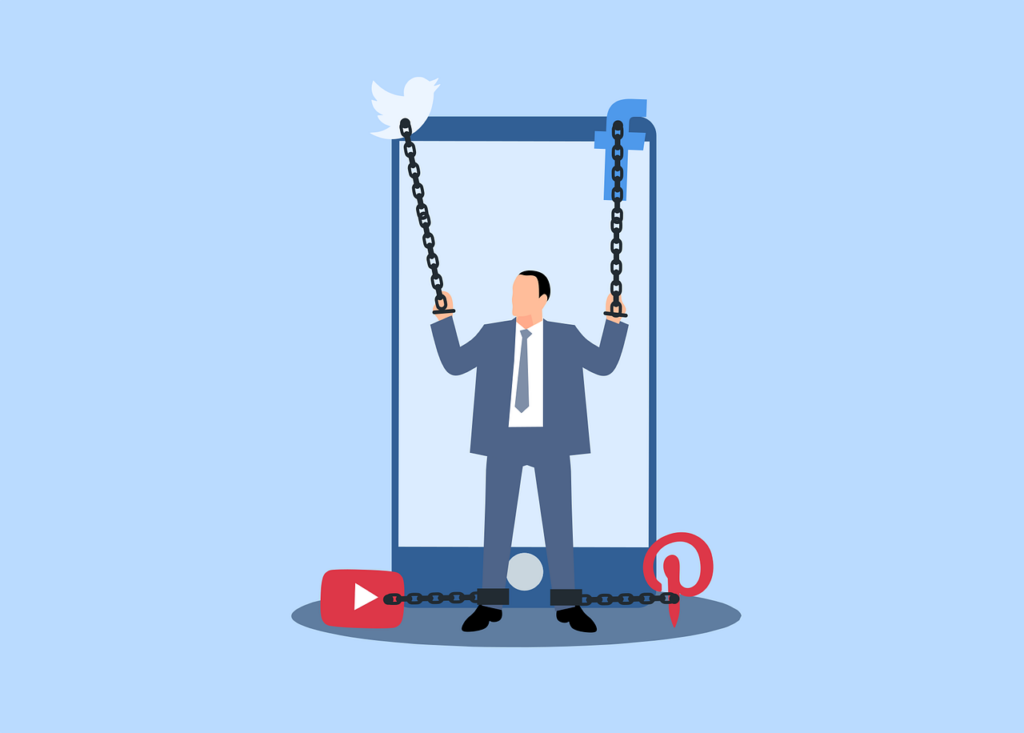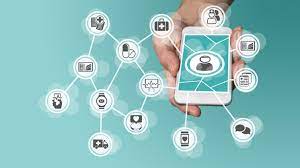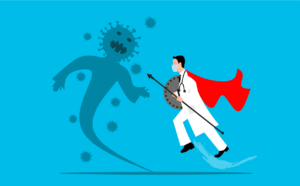The importance of mental health in the digital age: Strategies to maintain well-being in a connected world
5 min read
The Impact of Social Media on Mental Health: Understanding the Risks and Benefits
In today’s digital age, social media has become an integral part of our lives. It allows us to connect with friends and family, share our thoughts and experiences, and stay updated on current events. However, while social media has its benefits, it also poses risks to our mental health. It is important to understand these risks and take steps to maintain our well-being in a connected world.
One of the main risks of social media is the constant comparison it encourages. When we scroll through our feeds, we are bombarded with carefully curated images and posts that often depict a perfect life. This can lead to feelings of inadequacy and low self-esteem as we compare ourselves to others. It is crucial to remember that what we see on social media is often a highlight reel, and not an accurate representation of someone’s entire life.
Another risk of social media is the potential for cyberbullying. The anonymity provided by the internet can embolden individuals to engage in hurtful behavior. Cyberbullying can have serious consequences on a person’s mental health, leading to feelings of depression, anxiety, and even suicidal thoughts. It is important to be aware of this risk and take steps to protect ourselves and others from cyberbullying.
On the other hand, social media also has its benefits for mental health. It can provide a sense of community and support, especially for individuals who may feel isolated in their offline lives. Online support groups and communities can offer a safe space for individuals to share their experiences and find comfort in knowing that they are not alone. It is important to seek out these positive aspects of social media and use them to our advantage.
To maintain our mental well-being in a connected world, it is essential to establish healthy boundaries with social media. This means being mindful of the amount of time we spend on these platforms and setting limits for ourselves. It can be helpful to schedule specific times for social media use and avoid mindless scrolling. By being intentional with our social media consumption, we can prevent it from becoming a source of stress and anxiety.
Additionally, it is important to cultivate a healthy relationship with social media by practicing self-care. This can involve engaging in activities that bring us joy and fulfillment, such as spending time with loved ones, pursuing hobbies, or practicing mindfulness and meditation. Taking breaks from social media and focusing on activities that nourish our mental health can help us maintain a balanced perspective and reduce the negative impact of social media on our well-being.
Lastly, it is crucial to remember that social media is just one aspect of our lives. It is important to prioritize our offline relationships and activities. Spending quality time with loved ones, engaging in physical exercise, and pursuing our passions can contribute to our overall well-being. By finding a healthy balance between our online and offline lives, we can ensure that social media does not negatively impact our mental health.
In conclusion, social media has both risks and benefits for our mental health. It is important to be aware of these risks and take steps to protect ourselves. By establishing healthy boundaries, practicing self-care, and prioritizing our offline lives, we can maintain our well-being in a connected world. Social media should be a tool that enhances our lives, rather than one that detracts from our mental health.
Digital Detox: How to Disconnect and Prioritize Mental Health in a Hyperconnected World
In today’s hyperconnected world, it’s becoming increasingly important to prioritize our mental health. With the constant presence of smartphones, social media, and digital devices, it’s easy to feel overwhelmed and disconnected from ourselves and those around us. This is why taking a digital detox is crucial for maintaining our well-being.
A digital detox involves taking a break from technology and disconnecting from the digital world. It allows us to recharge, refocus, and reconnect with ourselves and the people and activities that truly matter to us. By taking intentional time away from screens, we can reduce stress, improve our mental health, and enhance our overall well-being.
One strategy to start a digital detox is to set boundaries with technology. This means establishing specific times and places where you will not use your devices. For example, you could designate certain hours of the day as “tech-free” time, or you could create device-free zones in your home, such as the bedroom or dining area. By setting these boundaries, you can create space for relaxation, reflection, and meaningful connections with others.
Another strategy is to engage in activities that promote mindfulness and self-care. This could include practicing meditation, yoga, or deep breathing exercises. These activities help to calm the mind, reduce stress, and increase self-awareness. Additionally, engaging in hobbies or activities that bring you joy and fulfillment can also contribute to your overall well-being. Whether it’s reading a book, going for a walk in nature, or spending time with loved ones, finding activities that nourish your soul is essential for maintaining good mental health.
It’s also important to prioritize quality sleep during your digital detox. The blue light emitted by screens can disrupt our sleep patterns and negatively impact our mental health. By establishing a bedtime routine that doesn’t involve screens, such as reading a book or taking a warm bath, you can improve the quality of your sleep and wake up feeling refreshed and rejuvenated.
During your digital detox, it’s crucial to be mindful of the impact of social media on your mental health. While social media can be a great tool for staying connected with others, it can also contribute to feelings of comparison, inadequacy, and anxiety. Taking a break from social media can help you gain perspective, reduce stress, and improve your self-esteem. Instead of scrolling through your newsfeed, use your time to engage in meaningful face-to-face interactions or pursue activities that bring you joy.
Lastly, it’s important to remember that a digital detox doesn’t have to be an all-or-nothing approach. You can start by taking small steps, such as turning off notifications or setting aside designated times for checking emails and social media. By gradually reducing your screen time and finding a balance that works for you, you can maintain your mental health in the digital age.
In conclusion, in a hyperconnected world, it’s crucial to prioritize our mental health. Taking a digital detox is an effective strategy to disconnect from technology and reconnect with ourselves and those around us. By setting boundaries, engaging in mindfulness and self-care activities, prioritizing quality sleep, being mindful of social media’s impact, and finding a balance that works for us, we can maintain our well-being in the digital age. So, take a break from your screens, and give yourself the gift of a digital detox. Your mental health will thank you.

